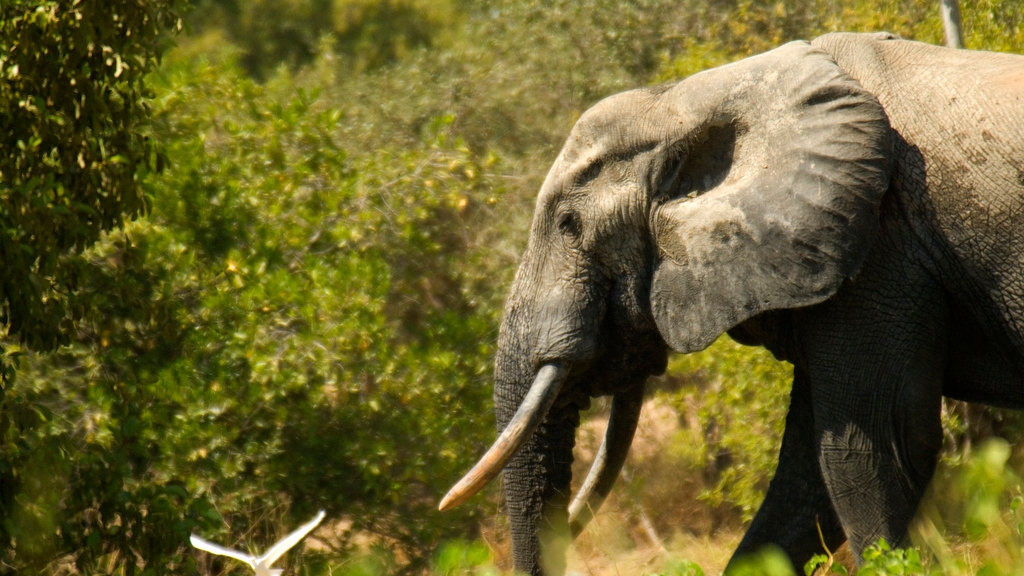Without action to protect biodiversity at a time of disappearing habitats and increased poaching, Black Rhinos, Sumatran Tigers, Western Lowland Gorillas and thousands of other animals are on the verge of extinction.
Why does that matter for people?
The loss of iconic species is a tragedy with broad and deep impact. Animal, plant and marine biodiversity keeps ecosystems functional. Healthy ecosystems allow us to survive, get enough food to eat and make a living. When species disappear or fall in number, ecosystems and people—especially the world’s poorest—suffer.
Biodiversity is critical to ending poverty and promoting shared prosperity
Biodiversity is especially important to the poor—75% of whom live in rural areas and depend on nature for their food and livelihoods. The World Bank Group is committed to protecting biodiversity around the world. A leading financier of biodiversity conservation, the Bank has over US$ 1 billion actively invested in protecting nature and wildlife. The Bank is also the largest provider of development assistance to fight environment and natural resources crime, with US$ 300 million invested in forestry, fisheries and wildlife law enforcement.
Just how important is biodiversity to those who live in extreme poverty?
Take the case of Sierra Leone, where overfishing and pollution dramatically lowered the volume and diversity of fish stocks. The Bank worked with communities to bring the marine ecosystem back to life by improving surveillance and prosecution of illegal fishing, and providing training on sustainable fishing practices. Nutrition and livelihoods have improved for local villagers as a result. “Without the fish, it would be very, very bad,” says Addie, a young woman from Freetown, Sierra Leone. “For most, fish is the only protein available. Without the fish, we would get thin and weak—we would die."

